By JEAN H. LEE, Associated Press Writer –
Mon May 25, 5:32 pm ET SEOUL, South Korea – North Korea defied world powers and carried out an underground test Monday of a nuclear bomb Russian officials said was comparable to those that obliterated Hiroshima and Nagasaki. The incident drew condemnation from Washington to Beijing and set the communist regime up for a showdown with the United Nations.
The U.N. Security Council was meeting later Monday in New York to discuss what President Barack Obama called Pyongyang's "blatant defiance" of resolutions banning the regime from developing weapons of mass destruction. British Prime Minister Gordon Brown condemned the test as a "danger to the world." Russia's Foreign Ministry called it "a serious blow to international efforts" to prevent the spread of nuclear weapons.
French officials said they would push for new sanctions, and even traditional Pyongyang ally China said it was "resolutely opposed" to the test, which Russian officials estimated yielded a powerful 10- to 20-kiloton blast enough to flatten a city and far more than North Korea managed in a 2006 atomic teshttp://english.aljazeera.net/news/asiapacific/2009/05/200952523263192770.html
The Agreement
U.S. and North Korea agreement.... The U.S. Reneged. Now N.Korea is doing what it said it would do.
Last year:
The six-party agreement on the denuclearisation of North Korea is threatened with breakdown after Pyongyang took a series of steps this week to restart the plutonium reprocessing plant adjoining its nuclear reactor at Yongbyon. While the US and international media have focussed attention on North Korea, its actions clearly have been taken in response to the US administration’s refusal to meet Washington’s commitments under the deal.
According to the International Atomic Energy Agency (IAEA), North Korea is planning to introduce nuclear material into the plant next week. IAEA inspectors completed the removal of seals and surveillance cameras from the facility on Wednesday, as instructed by North Korean authorities, and will be barred from the plant, but not at this stage from the reactor and other facilities at the site.
US officials immediately criticised North Korea’s decision. Secretary of State Condoleezza Rice warned on Wednesday that the step would only heighten Pyongyang’s international isolation. At the same time, she dismissed the suggestion that six-party talks, involving China, Russia, South Korea and Japan, as well as the US and North Korea, were dead, declaring: “By no means. We’ve been through ups and downs in this process before.”
The deal has been fraught with difficulties since it was initially reached in February 2007. In the first phase, North Korea agreed shut down its reactor and reprocessing plant at Yongbyon, allow IAEA inspectors and provide details of its nuclear programs, in return for 50,000 tonnes of desperately needed heavy fuel oil. In the second stage, finalised in October 2007, Pyongyang agreed to disable its nuclear facilities under the supervision of US experts and provide a full list of its nuclear programs, in return for a schedule for providing another 900,000 tonnes of fuel.
Apart from vague commitments to ending economic sanctions and establishing normal diplomatic relations, the only US pledge was to remove North Korea from its list of state sponsors of terrorism and end the application of the Trading with the Enemy Act. The US has maintained punitive economic sanctions against North Korea since the end of the Korean War in 1953 and has no diplomatic relations with Pyongyang.
North Korea carried out the process of disablement but only handed over a 60-page report on its nuclear programs in June, nearly six months after the December deadline, due to disagreements with Washington about its contents. As a demonstration of good will, Pyongyang demolished the cooling tower of its nuclear reactor in front of TV cameras, even though it was not immediately required by the agreement.
President Bush initially welcomed the steps and announced that the US would end North Korea’s listing under the Trading with the Enemy Act and commence the 45-day process for removing North Korea from the list of state sponsors of terrorism. He made clear, however, that the two actions would be little more than symbolic, as “North Korea will remain one of the most heavily sanctioned nations in the world”. Even so, the Bush administration was denounced by right-wing extremists such as former ambassador to the UN, John Bolton, who proclaimed the “final collapse of Bush’s foreign policy”.
By August, the Bush administration had reneged on its agreement to remove North Korea from the terrorist list and raised new demands for “a protocol of verification” of the contents of Pyongyang’s report. Quite legitimately, the North Korean regime interpreted the decision as a sign of bad faith—the agreement had all along been premised on an “action for action” approach. In return for shutting its nuclear facilities and disabling its reactor under international supervision, North Korea had received nothing but relatively small amounts of fuel oil. The ending of the country’s status as a sponsor of terrorism, while symbolic, was nevertheless a first step toward easing the economic blockade that has crippled its economy.
In mid-August, the North Korean regime called a halt to work on disabling its nuclear plant and warned that it would “consider a step to restore the nuclear facilities in Yongbyon to their original state,” adding: “The United States is gravely mistaken if it thinks it can make a house search in North Korea as it pleases, as it did in Iraq.” Last Friday, Pyongyang declared that it no longer expected or wished to be removed from the US terrorist list and announced its intention to restart its nuclear facilities.
North Korea has been forced into its present path (25th May 2009) by the U.S. reneging of the agreement.
It seems that some elements in the Obama administration (just as it was in the Bush administration) WANTS TO ESCALATE conditions towards war in the region.....which means war in the world, since no regional nuclear war could be contained. Something else to remember. China and North Korea have a military alliance. Attack North Korea and China will retaliate also.(Ric)
 "We ca
"We ca
 The hulk Warrior (1781) anchored off Woolwich. ©NMM
The hulk Warrior (1781) anchored off Woolwich. ©NMM
.jpg)
.jpg)




![Murray River at Corowa, New South Wales, Australia. [Credits : Australian Scenics] Murray River at Corowa, New South Wales, Australia. [Credits : Australian Scenics]](http://media-2.web.britannica.com/eb-media/64/74864-004-E3C2AAD2.jpg)









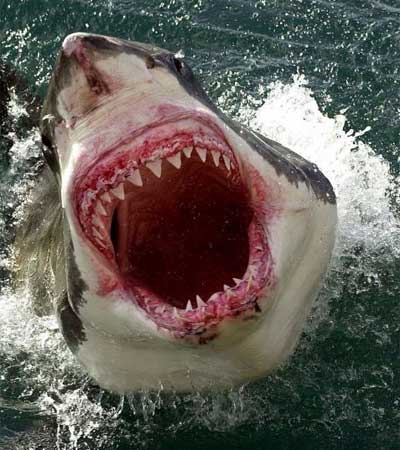



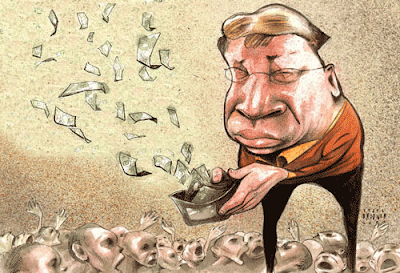
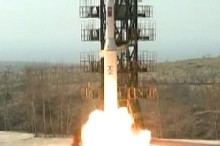


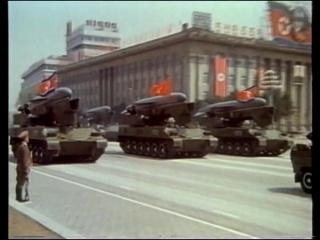

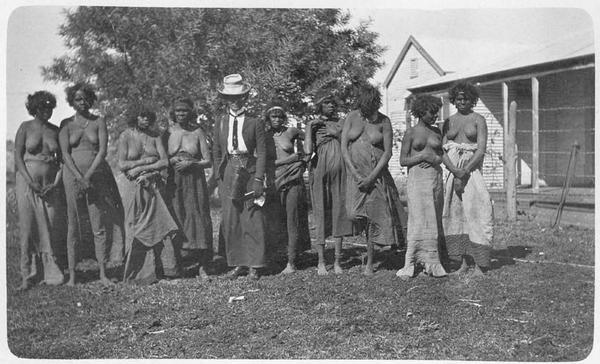






+copy.jpg)
































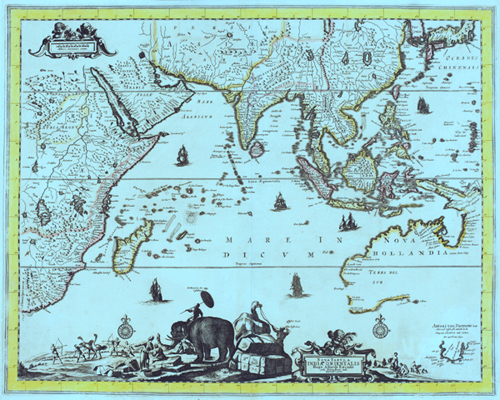

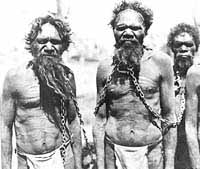
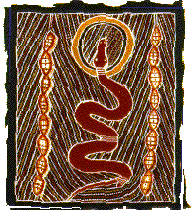


















.jpg)
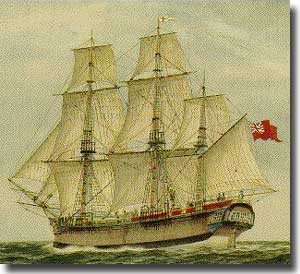





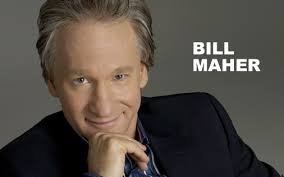



















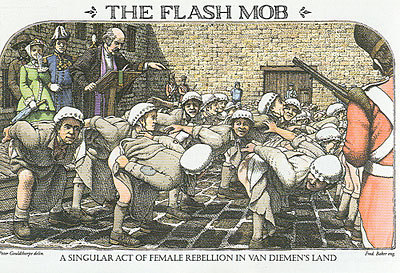
 G
G







.jpg)















